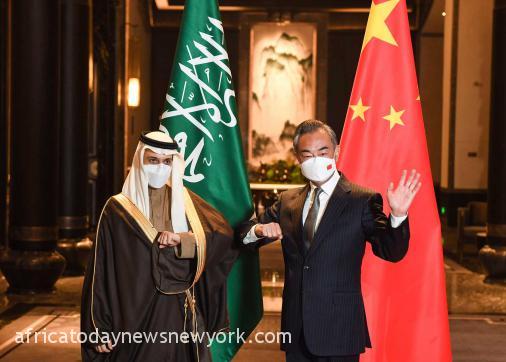In a unanimous decision, the Security Council voted yesterday to extend the UN political mission in Libya for a year and urged key institutions and parties in the divided North African country to agree on a roadmap to deliver presidential and parliamentary elections as soon as possible.
The resolution adopted by the UN’s most powerful body urged ‘dialogue, compromise and constructive engagement’ aimed at forming ‘a unified Libyan government able to govern across the country and representing the whole people of Libya.’
Africa Today News, New York reports that Libya which was thrown into chaos after a NATO-backed uprising toppled and killed longtime ruler Muammar Gadhafi in 2011. The oil-rich nation has been split between rival administrations in the east and west, each backed by rogue militias and foreign governments.
The country’s current political crisis stems from the failure to hold elections in December 2021 and the refusal of Prime Minister Abdul Hamid Dbeibah, who led a transitional government in the capital, Tripoli, in the country’s west, to step down.
In response, the country’s east-based parliament appointed a rival prime minister, Fathy Bashagha, who has for months sought to install his government in Tripoli.
The resolution reaffirmed the Security Council’s “strong commitment to an inclusive Libyan-led and Libyan-owned political process, facilitated by the United Nations and supported by the international community,” that leads to elections as soon as possible. It backs the resumption of efforts to resume intra-Libya talks to create conditions for elections.
Gabon’s UN ambassador, Michel Xavier Biang, the current council president, said the three African nations on the council — Gabon, Kenya and Ghana — ‘have the sense of having contributed to an important milestone towards the stabilization of a major African state.’
‘Through this vote, we are sending a message to the Libyan people and that message is clear that the UN is standing by their side,’ Biang said.
‘This is also a message to the Libyan authorities and all political stakeholders who have an opportunity to create a momentum that would lead to restoring hope in Libya.’
The council welcomed the appointment of a new UN special envoy, Abdoulaye Bathily, after a nine-month search amid increasing chaos in Libya.
Russia had refused to extend the mandate of the UN mission in Libya, known as UNSMIL, for more than three months until a new special representative was chosen.
So UNSMIL’s 12-month extension until October 31, 2023, was a vote of confidence for the former Senegalese minister and diplomat.

